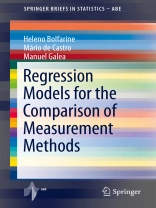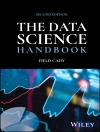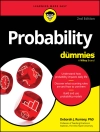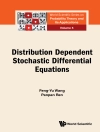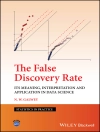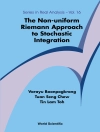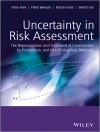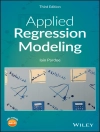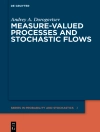This book provides an updated account of the regression techniques employed in comparing analytical methods and to test the biases of one method relative to others – a problem commonly found in fields like analytical chemistry, biology, engineering, and medicine. Methods comparison involves a non-standard regression problem; when a method is to be tested in a laboratory, it may be used on samples of suitable reference material, but frequently it is used with other methods on a range of suitable materials whose concentration levels are not known precisely. By presenting a sound statistical background not found in other books for the type of problem addressed, this book complements and extends topics discussed in the current literature. It highlights the applications of the presented techniques with the support of computer routines implemented using the R language, with examples worked out step-by-step. This book is a valuable resource for applied statisticians, practitioners, laboratoryscientists, geostatisticians, process engineers, geologists and graduate students.
Spis treści
– Introduction.- Two Methods.- Two or More Methods.- Model Checking and Influence Assessment.- Data Analysis.- Miscellaneous Results.- R Scripts.- Index.
O autorze
Heleno Bolfarine is a Full Professor at the Instituto de Matemática e Estatística of the Universidade de São Paulo, SP, Brazil. He received his Ph D in Probability and Statistics from the University of California at Berkeley, USA. Prof. Bolfarine has published more than 190 articles in respected , international, peer-reviewed journals, and co-authored the book “Prediction Theory for Finite Populations”, published by Springer. His research focuses on statistical inference, more specifically on mixed models and finite populations.
Mário de Castro is an Associate Professor at the Instituto de Ciências Matemáticas e de Computação of the Universidade de São Paulo at São Carlos, SP, Brazil. He completed his Ph D studies in Statistics at the Instituto de Matemática e Estatística, Universidade de São Paulo, Brazil, and postdoctoral studies at the University of Connecticut, USA. His research interests include measurement errors, survival analysis and data modelingfor counting. He has authored or co-authored more than 60 papers.
Manuel Galea is an Associate Professor at the Pontificia Universidad Católica de Chile. He received his Ph D in Statistics from the Instituto de Matemática e Estatística, Universidade de São Paulo, Brazil. His fields of research include inference and influence diagnosis in measurement error models under elliptical distributions. Dr. Galea has published more than 70 papers, as author or co-author.
